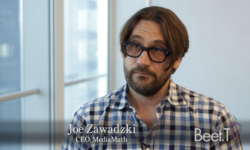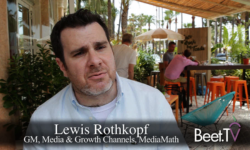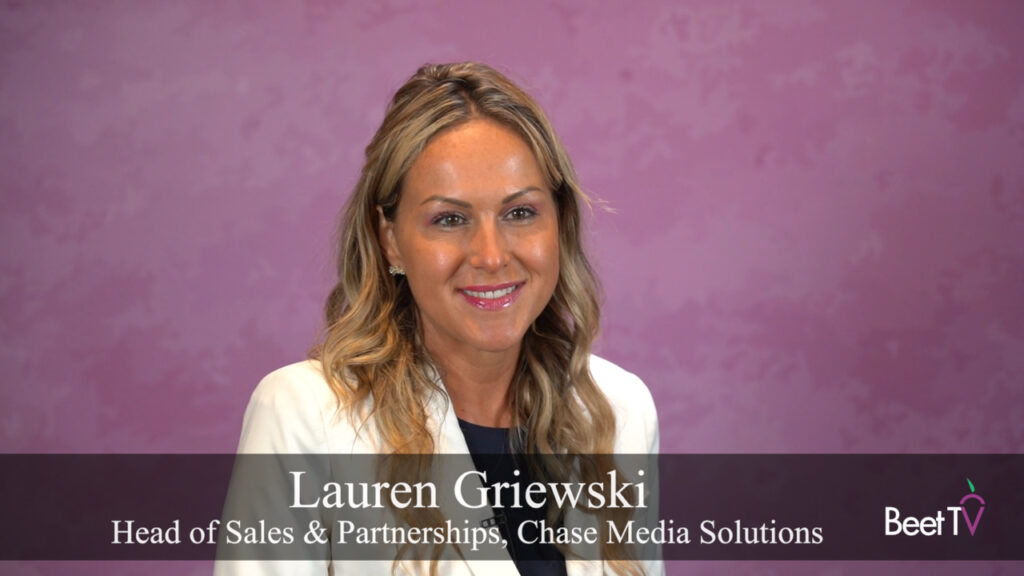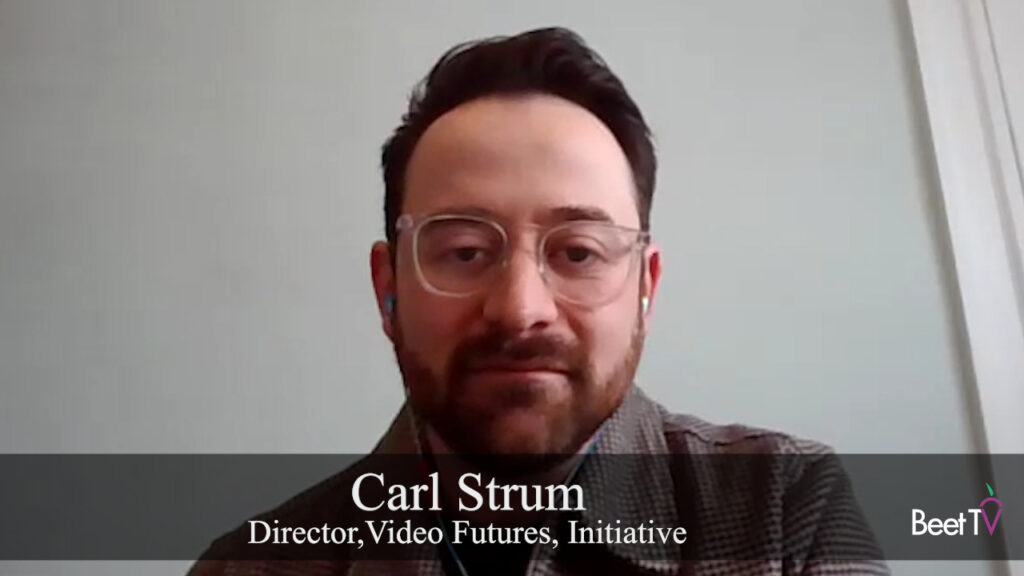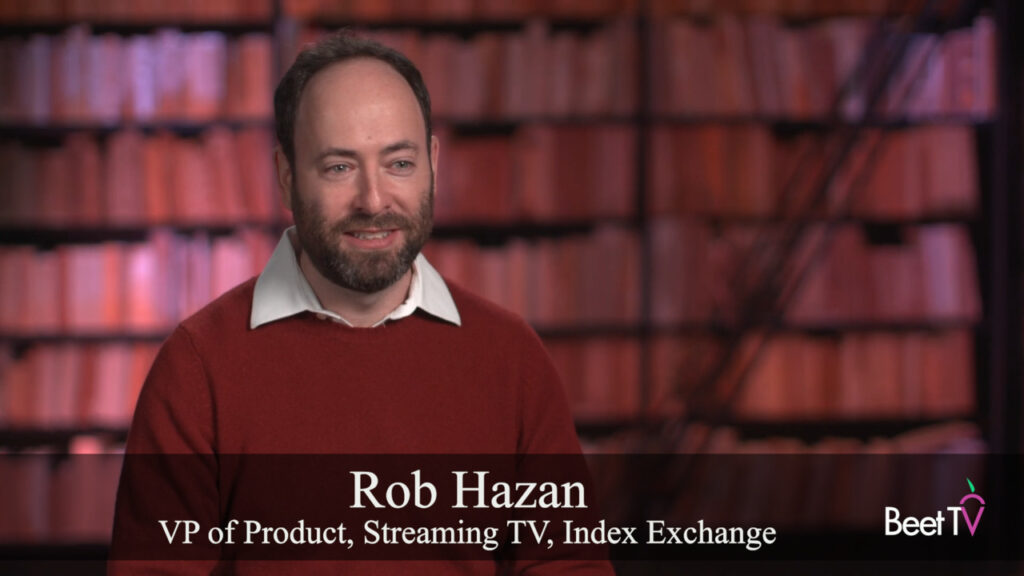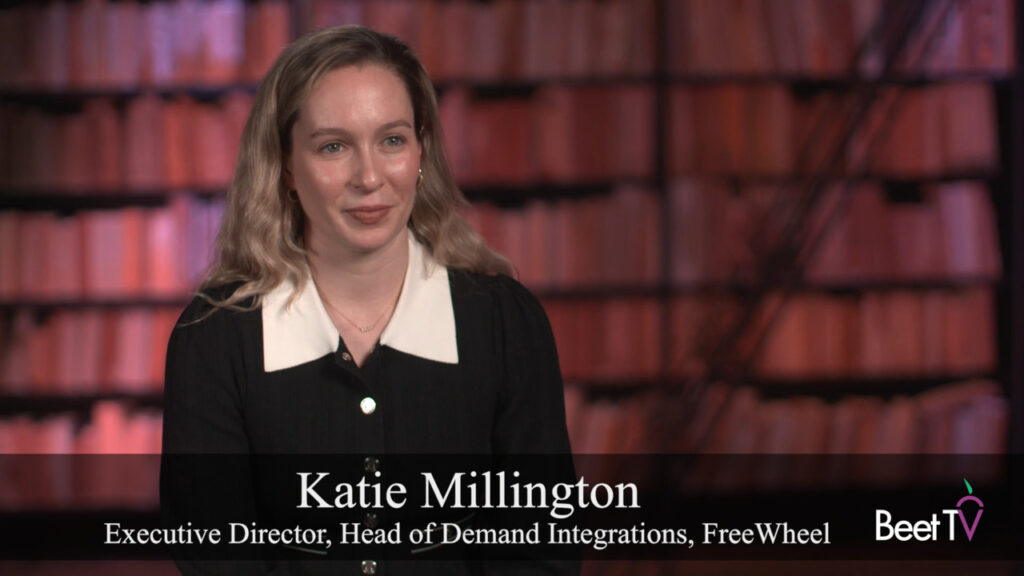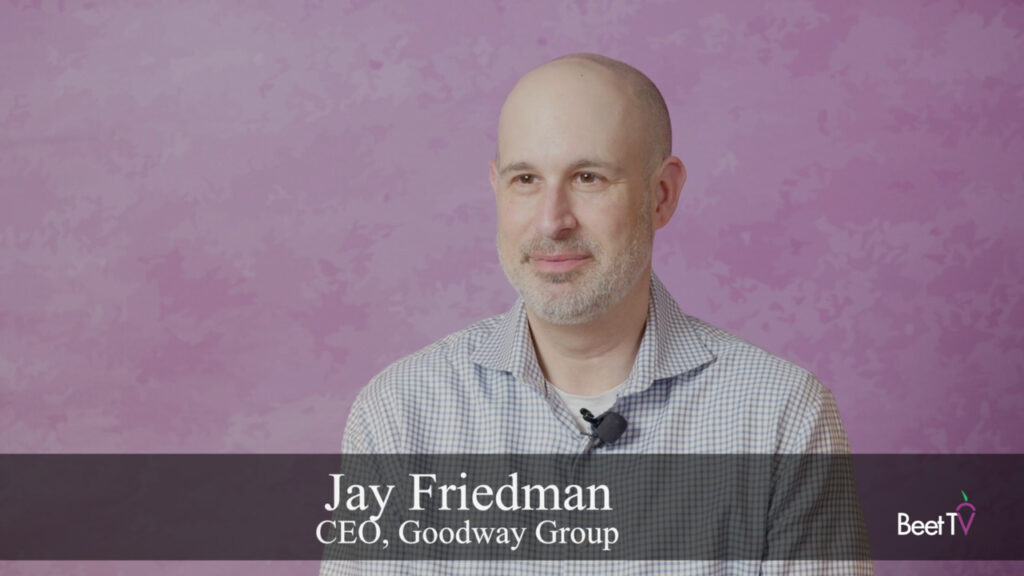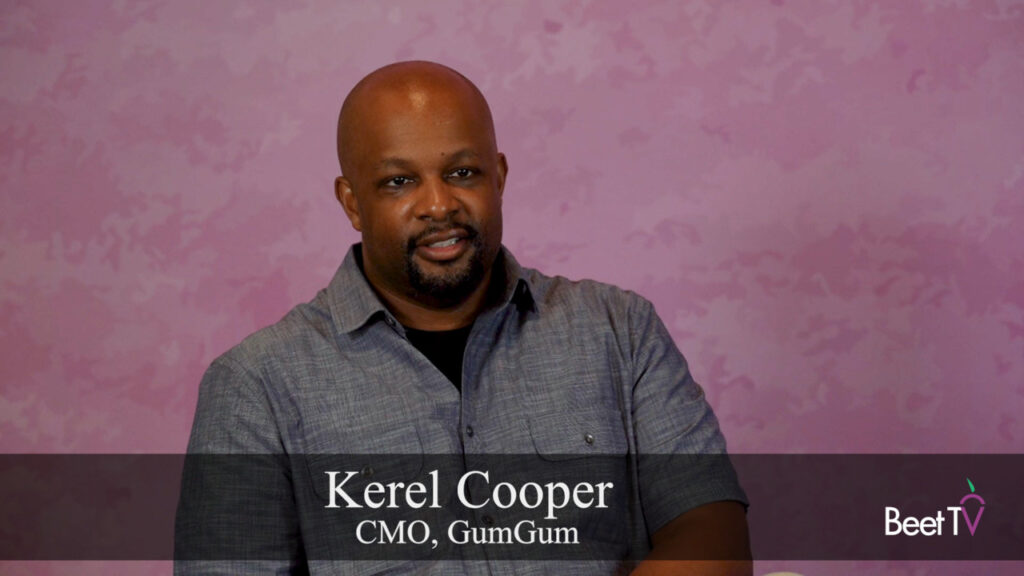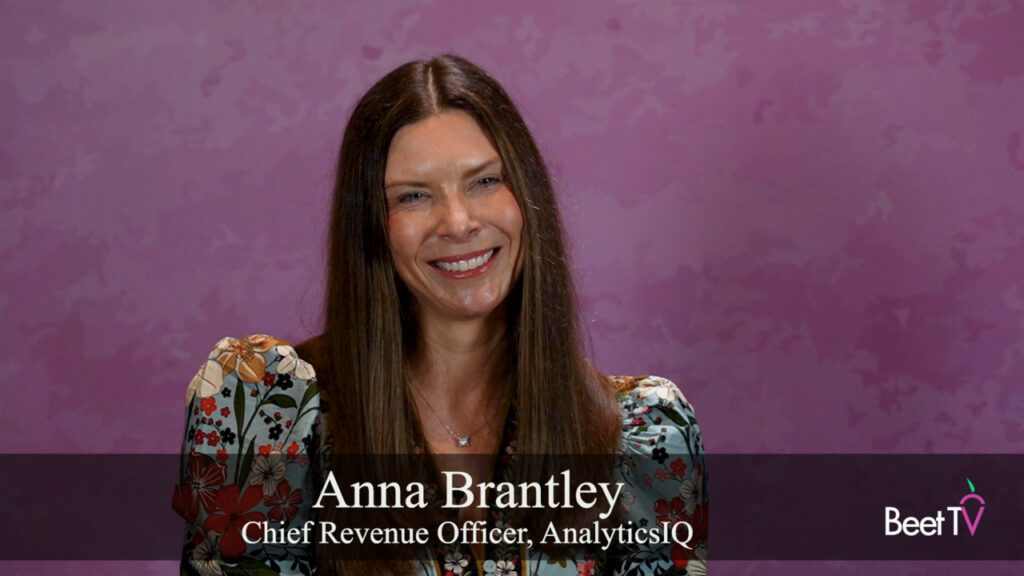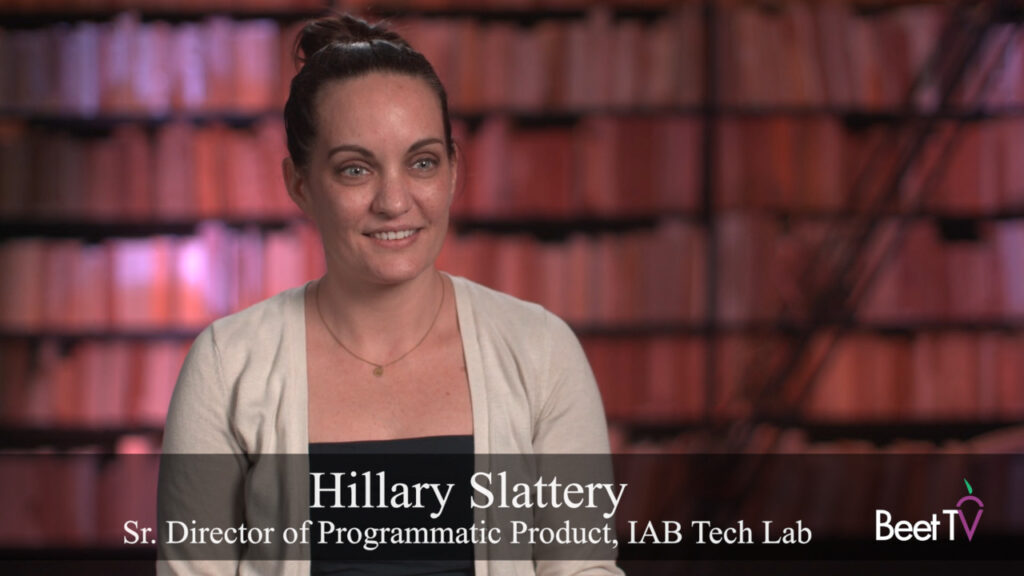Europe’s new General Data Protection Regulation sees new requirements for consent placed on the collection and use of EU citizens’ data
That would seem to mean a hefty challenge for ad-tech techniques that, in recent years, have grown so fast that users cannot keep up.
But Tom Kershaw relishes the challenge.
As Rubicon Project’s chief technology officer, Kershaw helps run one of the leading companies that has popularized the practice of automated digital ad trading.
The tech trend is what helped Rubicon raise $93.8 million in an IPO back in 2007. But now, Kershaw says, it is time for a reboot.
“The digital advertising industry has really evolved kind of quietly towards a model entirely based on user-based targeting and interest based targeting,” he says in this video interview with Beet.TV.
“We’ve never really re-established our consent agreement with our users. We’ve never given them real feedback over how their data is used and we’ve never given them control to tell us how they want to be targeted and how they want their data treated. So, I think this is a good thing.”
New GDPR stipulations give consumers new protections including:
- tighter consent requirements for the collection of citizens’ data.
- consumers can instruct companies to stop processing their data.
- automated decision-making and profiling decisions must be made clear.
- consumers can request decisioning by automated processes be stopped and handled by a human instead.
- they have the right to request an explanation of automated decision-making.
- they can request free access, rectification and deletion of data.
Penalties for not supporting the new rights run up to 4% of global turnover, up to a maximum €20 million, and GDPR applies to any worldwide company processing the data of European citizens.
For Kershaw, this is all good.
“I think it’s long overdue that we establish that dialogue and we give consumers the ability to give us real feedback on how their data is used,” he says. “Because data can both be really, really helpful in terms of making ads relevant and timely and informational to users; it also can be creepy.”
“We need to be clear with users. I think GDPR will help us evolve that relationship and establish a new mechanism for handling user data. I think it’s going to take time but the directions are all positive.”
This video is part of a series titled The Consumer First, a New Era in Digital Media presented by MediaMath. For more from the series, please visit this page.








